- The allure of sleeping under the stars
- Essential gear for open-air camping
- Safety considerations for tentless camping
- Benefits of ditching the tent
- Tips for a comfortable night under the sky
There’s something undeniably magical about lying on the ground, gazing up at a sky filled with stars. The experience of sleeping under the stars isn’t just about bypassing the confines of a tent—it’s about immersing yourself in the raw, unfiltered beauty of nature. The night sky transforms into a living canvas, with constellations, shooting stars, and the Milky Way painting a story that feels both ancient and deeply personal.
For many, the allure lies in the sense of connection it fosters. Without the barrier of a tent, you’re more attuned to the sights, sounds, and rhythms of the natural world. The rustling of leaves, the distant call of an owl, and the cool breeze brushing against your skin create a symphony that’s impossible to replicate indoors. It’s a reminder that we’re part of something much larger than ourselves.
Sleeping under the stars also invites a sense of mindfulness. Without the distractions of modern life, you’re free to focus on the present moment. The simplicity of lying on a sleeping bag or mat, with nothing but the sky above, encourages a mental clarity that’s hard to achieve in the hustle and bustle of everyday routines.
Of course, this experience isn’t without its challenges. Weather conditions, insects, and the unpredictability of nature can make it daunting for some. But for those willing to embrace it, the rewards are unparalleled. As EscapadeEmporium.com aptly puts it, “Camping without a tent isn’t just an activity—it’s a mindset, a way to rediscover the wild and reconnect with yourself.”
Whether you’re an experienced camper or a curious beginner, the allure of sleeping under the stars is a call to adventure. It’s an invitation to step outside your comfort zone, to trade the familiar for the extraordinary, and to find peace in the simplicity of the night sky.
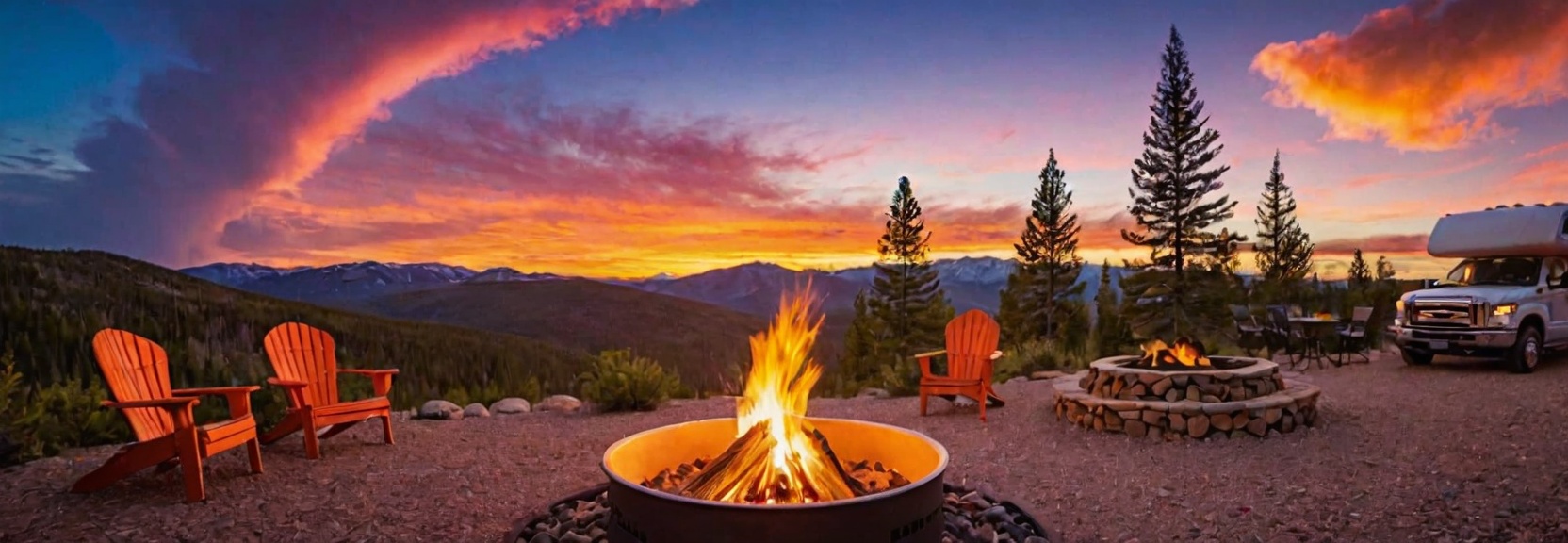
Essential gear for open-air camping
When camping without a tent, the right gear can make or break your experience. Since you won’t have the shelter of a tent, your equipment needs to prioritize comfort, safety, and adaptability to the elements. Start with a high-quality sleeping bag that’s rated for the expected temperatures. A sleeping pad or inflatable mattress is equally crucial—it not only adds comfort but also insulates you from the cold ground. For an extra layer of protection, consider bringing a lightweight tarp or bivy sack. These can shield you from unexpected rain or dew while still keeping the open-air feel.
A reliable headlamp or flashlight is a must for navigating in the dark, and packing a compact, weather-resistant backpack ensures your gear stays dry and organized. Don’t forget essentials like a multi-tool, which can come in handy for various tasks, and a portable stove if you plan to cook. A reusable water bottle or hydration system is vital for staying hydrated, and a small first-aid kit should always be on hand for emergencies.
Clothing is another key consideration. Layer up with moisture-wicking base layers, an insulated jacket, and weatherproof outerwear to stay warm and dry. A wide-brimmed hat and sunglasses can protect you from the sun during the day, while a beanie and gloves are useful for chilly nights. Lastly, a lightweight, quick-drying towel and biodegradable soap are practical for staying fresh in the outdoors.
The goal is to keep your gear minimal yet functional. Overpacking can weigh you down, but skimping on essentials can leave you unprepared. Focus on items that serve multiple purposes and enhance your connection to nature without compromising your comfort or safety.
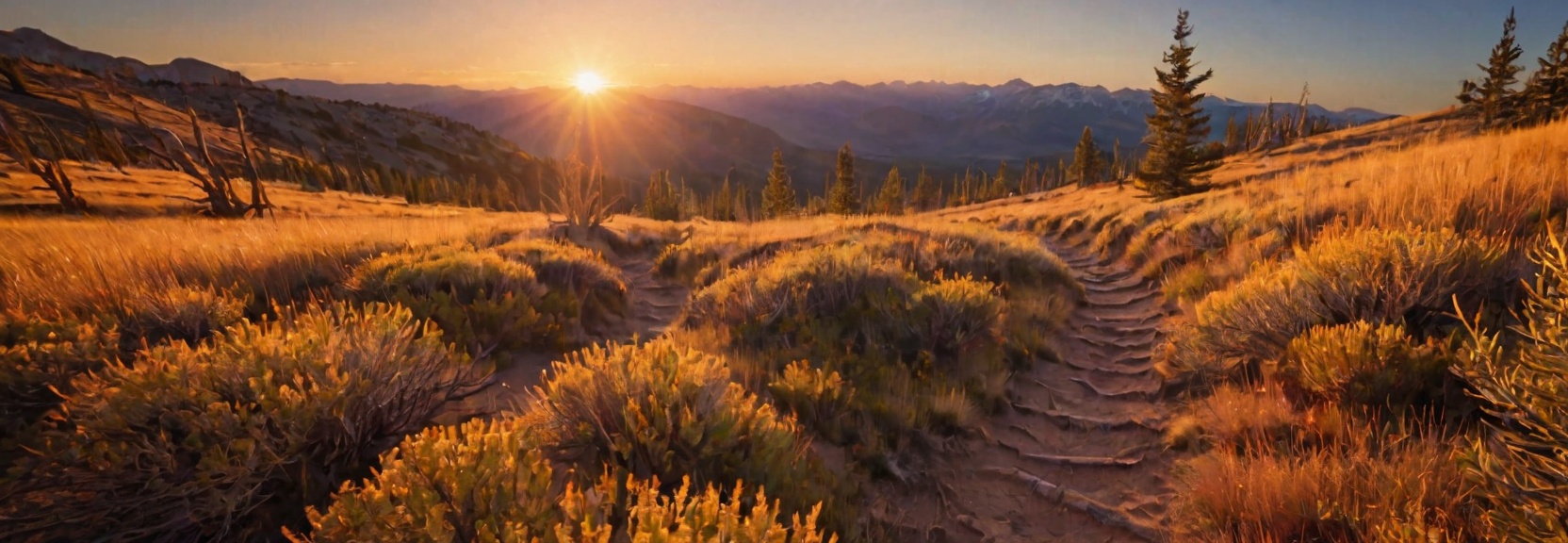
Safety considerations for tentless camping
When camping without a tent, prioritizing safety is essential to ensure your experience is both enjoyable and secure. One of the first considerations is your choice of location. Opt for flat, elevated ground to avoid flooding in case of rain, and steer clear of areas with obvious hazards like loose rocks, dead trees, or animal dens. Check the weather forecast thoroughly before heading out—while clear skies are ideal, unexpected storms or temperature drops can pose serious risks without the shelter of a tent.
Protection from wildlife is another critical factor. Store food, toiletries, and scented items in bear-proof containers or hangs them high in a tree at least 100 feet from your sleeping area. This not only prevents attracting animals but also keeps you safe from unwanted nighttime visitors. Familiarize yourself with the local wildlife and know how to respond if you encounter any creatures. Carrying bear spray or a noise-making device like a whistle can provide added peace of mind.
Insects can be a nuisance or even a health hazard, depending on the location. Use bug repellent with DEET or a natural alternative, and consider treating your clothing with permethrin for added protection. Sleeping with a mosquito net draped over you can also create a barrier against bites without disrupting the open-air experience.
Visibility is crucial for safety, especially if you’re in a remote area. Place reflective markers or a small light near your sleeping spot to make it easier to find in the dark. This is particularly important if you’re sharing the area with others or in case of an emergency. It’s also wise to let someone know your plans, including your location and expected return time, in case something goes wrong.
Lastly, consider the durability of your gear. Ensure your sleeping setup is stable and secure—using sturdy straps for a hammock or anchoring a tarp firmly if you’re using one as a makeshift shelter. Double-check that all your equipment is in good condition before heading out, as a failure in the middle of the night could leave you exposed to the elements.
By taking these safety precautions, you can fully embrace the freedom of camping without a tent while minimizing potential risks. Preparation and awareness are key to making your adventure under the stars a safe and memorable one.
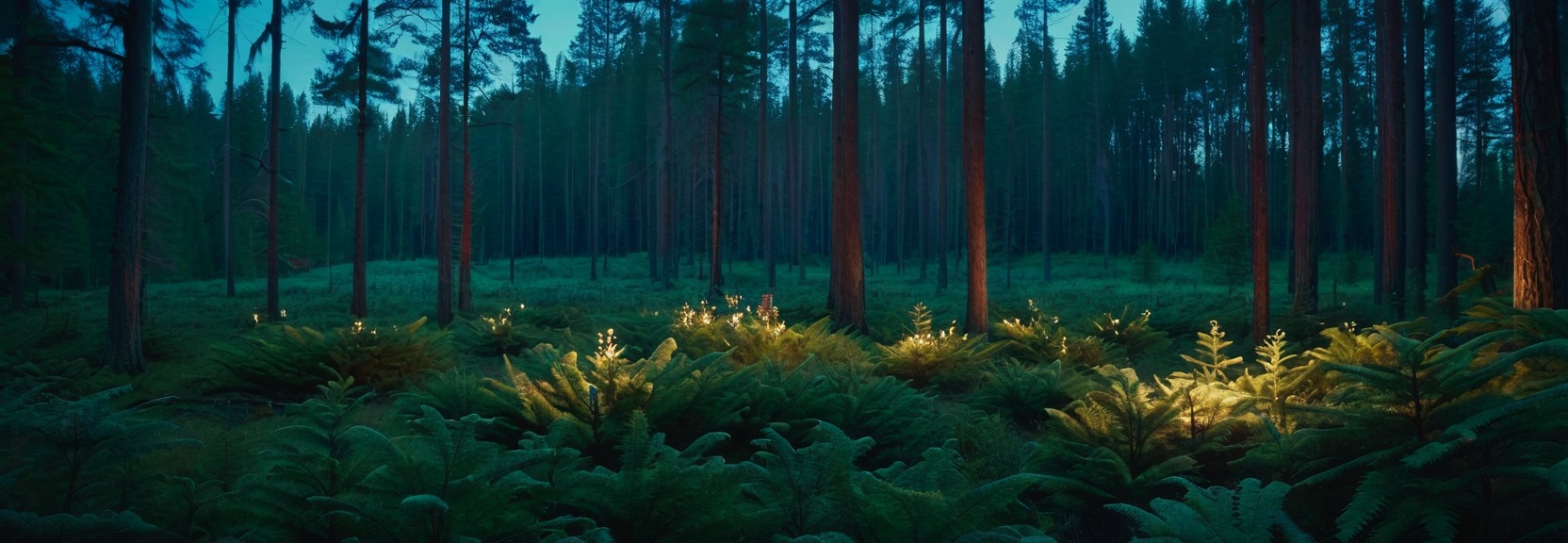
Benefits of ditching the tent
Camping without a tent offers a unique set of benefits that can enhance your outdoor experience in ways traditional camping often can’t. One of the most immediate advantages is the sense of freedom it brings. Without the confines of a tent, you’re no longer limited by walls or zippers—your surroundings become an extension of your sleeping space. This openness fosters a deeper connection with nature, allowing you to fully immerse yourself in the sights, sounds, and smells of the wilderness.
Another significant benefit is the simplicity it introduces to your camping setup. Without the need to pitch a tent, you can save time and energy, making it easier to focus on enjoying your surroundings. This minimalist approach also reduces the amount of gear you need to carry, which can be especially advantageous for backpackers or those exploring remote areas. Less gear means less weight, which translates to greater mobility and the ability to explore more challenging terrains.
Sleeping under the stars also promotes a sense of mindfulness and relaxation. The absence of artificial barriers between you and nature encourages you to slow down and appreciate the present moment. The night sky becomes a panoramic view, offering a front-row seat to celestial wonders like meteor showers, constellations, and the Milky Way. This uninterrupted exposure to the natural world can be incredibly grounding, helping to reduce stress and improve mental well-being.
For families, ditching the tent can create opportunities for bonding that are harder to achieve indoors. Gathering around a campfire, sharing stories, and stargazing together fosters a sense of togetherness and adventure. It’s a chance to disconnect from technology and reconnect with each other in a meaningful way. Similarly, solo campers can find solace in the quiet simplicity of sleeping under the stars, using the experience to reflect and recharge.
Additionally, tentless camping often encourages better sleep quality for those who adapt well to outdoor conditions. Fresh air, natural sounds, and cooler nighttime temperatures can create an ideal sleep environment. Many campers report waking up feeling more refreshed and energized after a night spent in the open air compared to sleeping in a confined tent.
Finally, camping without a tent can be a gateway to new skills and self-reliance. It challenges you to think creatively about shelter, warmth, and safety, building confidence in your ability to adapt to different environments. Whether you’re using a tarp, hammock, or simply a sleeping bag on the ground, the experience teaches valuable lessons in resourcefulness and preparedness.
By embracing the benefits of ditching the tent, you open yourself up to a richer, more immersive outdoor experience that prioritizes connection, simplicity, and adventure. It’s a reminder that sometimes, the best way to enjoy nature is to remove the barriers and let it surround you completely.
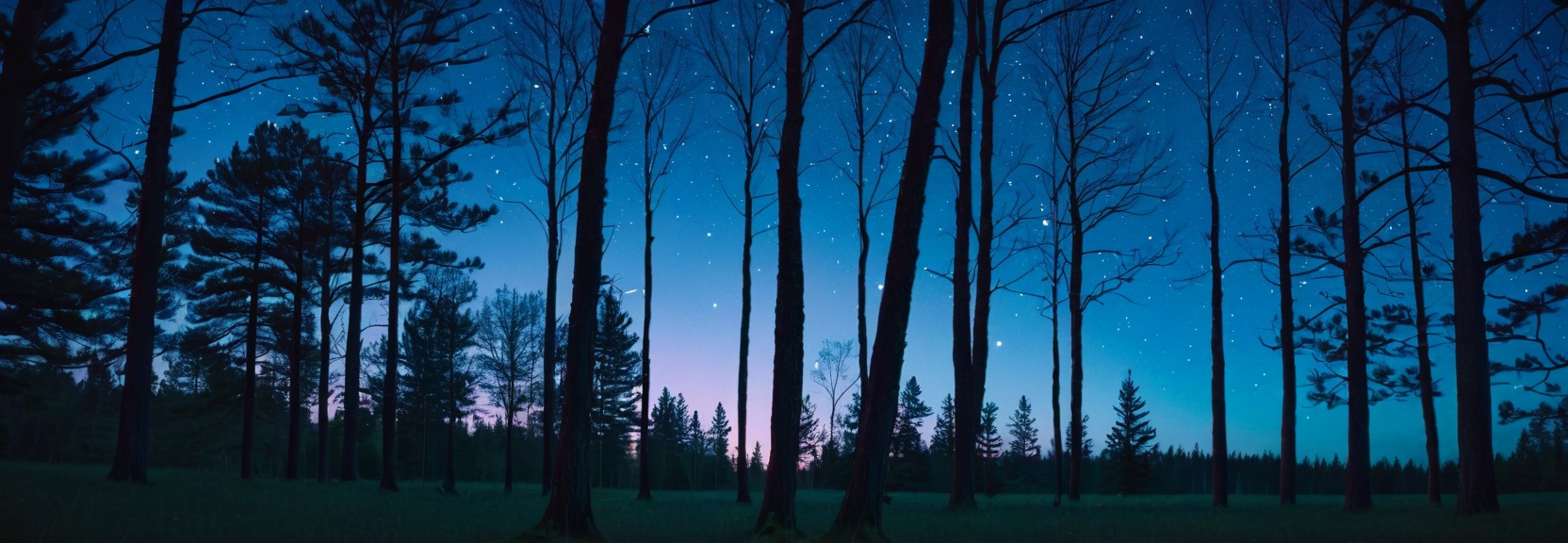
Tips for a comfortable night under the sky
To ensure a comfortable night under the open sky, preparation and attention to detail are key. Start by choosing your sleeping spot wisely. Opt for flat, soft ground free of rocks, roots, or other natural obstacles that could disrupt your rest. A grassy meadow or sandy area often works best. Lay down a groundsheet or tarp beneath your sleeping pad to protect against moisture and debris, ensuring you stay dry and comfortable.
Your sleeping setup is crucial. Invest in a high-quality sleeping bag with a temperature rating appropriate for the season and climate. Pair it with an insulated sleeping pad or air mattress to provide cushioning and prevent heat loss to the ground. If you’re in a bug-prone area, consider a lightweight bug net or sleeping bag with integrated bug protection to keep insects at bay without sacrificing the open-air experience.
Temperature regulation is another important factor. Nights can get surprisingly cold, even in warm climates, so dress in layers. Start with moisture-wicking base layers to keep sweat at bay, add an insulating layer like a fleece or down jacket, and finish with a weatherproof outer layer just in case. A beanie or balaclava can help retain heat, especially if temperatures drop significantly.
For added comfort, bring a small pillow or use a rolled-up jacket to support your head and neck. If you’re prone to waking up stiff, try stretching before bed or using a foam roller to ease muscle tension. Positioning your sleeping bag so your head faces east or west can align your body with the Earth’s magnetic field, which some find enhances sleep quality.
Hydration and light snacks can also improve your comfort. Keep a water bottle within reach to stay hydrated throughout the night, and consider a small trail mix or energy bar if hunger strikes. However, avoid heavy meals or caffeine close to bedtime, as they can disrupt your sleep.
Finally, embrace the sensory experience of sleeping under the stars. Adjust your mindset to appreciate the rustling of leaves, the chirping of crickets, and the cool night breeze. Let these natural sounds and sensations lull you to sleep, fostering a sense of peace and connection with your surroundings.
By taking these steps, you can maximize your comfort and fully enjoy the unique experience of camping without a tent. It’s all about finding the balance between preparedness and simplicity, allowing you to embrace the beauty of the night sky while ensuring a restful night’s sleep.
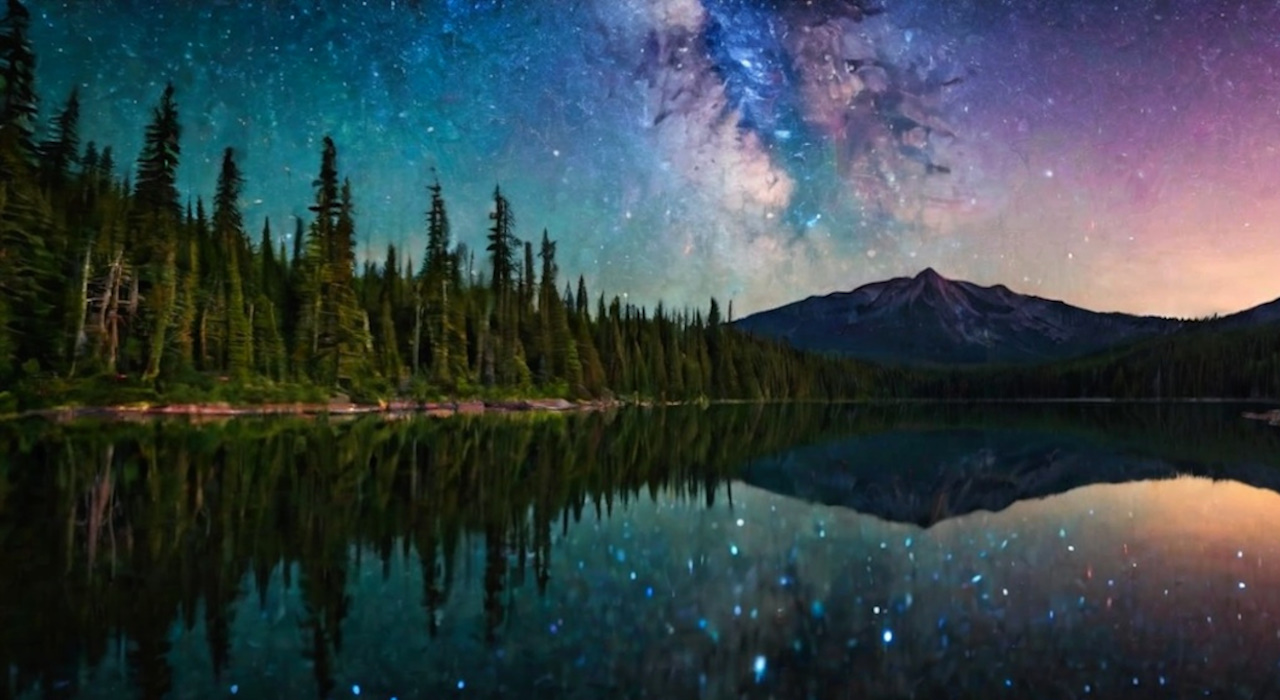
Leave a Reply